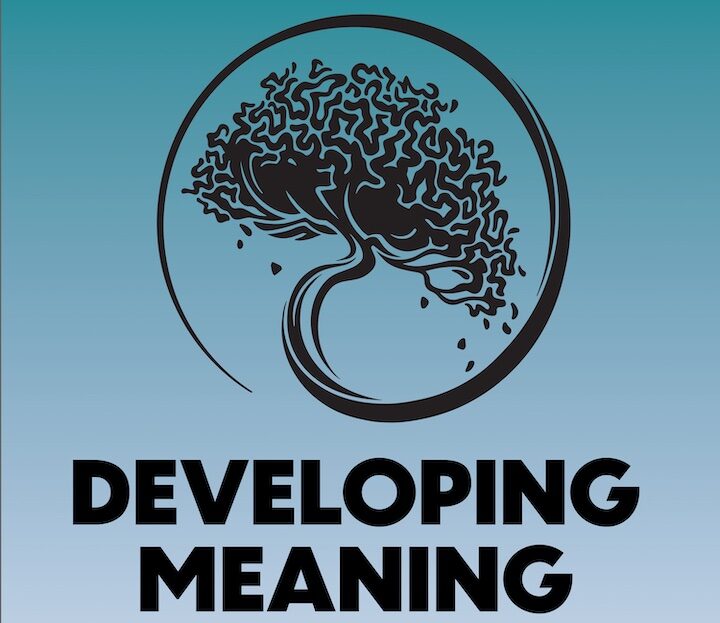When you or I become anxious or depressed, is this due to a defect in our brain, or is there an external social or societal problem that must be addressed?
In Lost Connections, Johann Hari tells a personal story, in which he begins to question the central mental health dogma of our time, which is that depression and anxiety are primarily brain-based problems that an individual must address with medication, or some other individualistic therapy that treats Disorders, which lie inside our brains and minds.
Psychiatry has always known that mental health problems have biological, psychological, and social components, and yet our current central message emphasizes biological contributing factors over other factors that may be equally or more important.
Why is this? A simple and partially true answer is that there exists a synergy in messaging between drug companies who want to promote medications, us as individuals looking for simple and convenient answers, and society around us depending on a consumerist mindset that we are uncomfortable acknowledging.
Why are so many of us anxious and depressed? Essentially this is a normal reaction to consumer culture. Our society ensures we work hard at our jobs, in part by creating an internal cycle of feeling unsatisfied and adrift, and then being sold beautiful products that we buy in order to fix inner needs. Advertisers know this. We often are motivated to buy products in order to feel less empty inside. This has set up an addictive cycle of attachment to consumer values; we feel empty, so we shop, which gives us a fleeting dopamine spike, that quickly returns to emptiness and so the cycle repeats.
Hari shows that in many cases, even those of us that seem to have happy lives may be living in circumstances that are not well suited to promote happiness, and that depression can often be a symptom of our surroundings.
Hari makes a compelling analogy. Picture a classical version of the American 1950s housewife who has everything society wants her to have. 2 kids. A nice house with picket fence. A provider. And yet her life is unfulfiling and meaningless. A closer examination of our 50s housewife reveals disconnection from many factors that are critically important for humans to thrive. She does not have meaningful work. Her social interactions are unsatisfying and the value system she exists in can seem superficial and meaningless.
While the emptiness of many 50s housewife lifestyles seems obvious to us now, back in her day, Ms. Mad Men would have been considered ill and prescribed valium and psychotherapy.
Massive social changes that have disconnected us from each other, from Nature, from meaningful work, from meaningful values have now turned us all into Ms. Mad Med.
Hari’s book challenges our idea that depression and anxiety are pure brain disorders, and argues instead that social and societal changes are increasingly leading to conditions that promote depression and anxiety.
Hari makes a compelling case that there are nine main causes of depression and anxiety. These include lost connections: to meaningful work, to other people, to meaningful values, to status and respect, to the natural world, to a hopeful future. Further contributors include childhood trauma as well as genetics.
If you are depressed or anxious, or know someone who is, I would recommend reading this book. Hari points out that there has been a biased and overly simplistic psychopharmacological story of what depression is and how it should be treated. Hari makes a compelling case that broader social changes that lead us away from our current consumerist culture and back toward more meaningful human connections with our peers, with Nature and with a sense of purpose are important to create a sense of meaning and purpose.
This is a hopeful book, not a downer. While much of the blame for our current mood and anxiety pandemic can be attributed to social factors, that are perhaps beyond our control, there are many ways by which we as individuals can change our lives to build more meaning and purpose into our lives. By becoming aware of these factors, we can begin to alleviate depression and anxiety by addressing root causes in our lives rather than alleviating symptoms.

